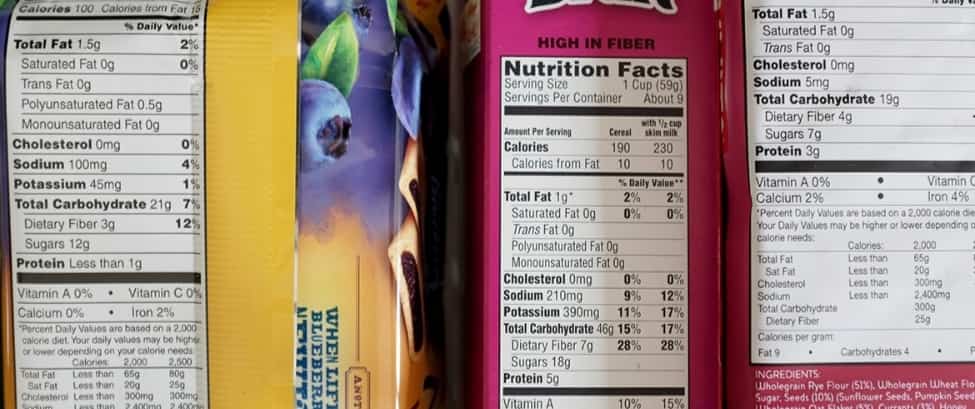You may think you know everything related to calories. Many of you must be cutting them, adding them up, or counting them as per your diet or need. But there is so much confusion about calorie counting. Ya, it’s true that many of you just trust on the subject are really myths. Here are five of the most persistent calorie-counting myths
1. Your Body Absorbs Every Calorie in a Food
Ya, it is difficult to calculate the number of calories in a given food, but it is even harder to calculate the number of calories you’re going to absorb from it. If you know the accurate number of calories you were eating, the main thing is how many of those calories turn into usable energy for your body. The fiber can affect as the body does not absorb fiber. In research, it has been found that the calories count or number can actually differ between cooked foods and raw. There are more factors like an individual’s metabolism, food sensitivities, or the amount a food contains that can also affect the calories you get.
2. All Calories Are Created Equal
Usually, people who count on calories likely make the mistake of believing all calories are equal but they’re not. Do you know Not all Calories are Created Equal? It is not appropriate to treat all calories the same way. As calories from vegetables, organic food, and whole foods are not the same as calories from junk, refined, processed food have empty calories with no nutritional value. Also quality is equally important as quantity when it comes to the fact of calories. As not all calories are created equal and they should not be compared.
3. You should always avoid empty calories to be healthy
Many must be wondering what empty calories are. It is a food with low nutrient content but high-calorie content. This food lacks important nutrients like protein, minerals, fiber, and vitamins. Actually, this food provides calories but does not make you full as well as it doesn’t give any useful things which your body needs. An individual who cares about nutrition could believe that junk or empty calories food should be avoided and should not be eaten. In a research, it was found that the people who attempted some rigid diets get things like mood disturbances and eating disorders. Instead of stressing about avoiding junk food or empty calories, it’s better to limit your intake of empty-calorie foods and can also choose nutrient food. Try and eat a balanced meal.
4. Calorie Labels Are 100 Percent Accurate
What you see on nutrition labels is not actually necessarily what you get when it comes to calorie information. In a study, it has been found that a 20 percent margin of error is acceptable on nutrition labels. It means that the products are allowed a 20 percent difference when it comes to the accuracy of the calories stated per serving on their nutrition labels. This is why we should not blindly trust the products measurements and calorie counts printed on the labels.
5. Counting Calories Is Essential for Losing Weight
Can calorie counting be important in weight loss? Yes. But there’s no need to feel like you will not achieve your weight loss goal if you don’t track and reduce the intake of the calorie number you get in a whole day. It is not true that you will lose some amount of weight by just reducing the calorie intake. Such assumptions are wrong as you can lose weight by consuming calories also. For instance, eliminating processed foods can be just as effective and helpful for weight loss. The low-fat diet or low-carb diet will lose the same amount of weight. The most important thing about weight loss is to have a good approach and which is gonna work apparently.




